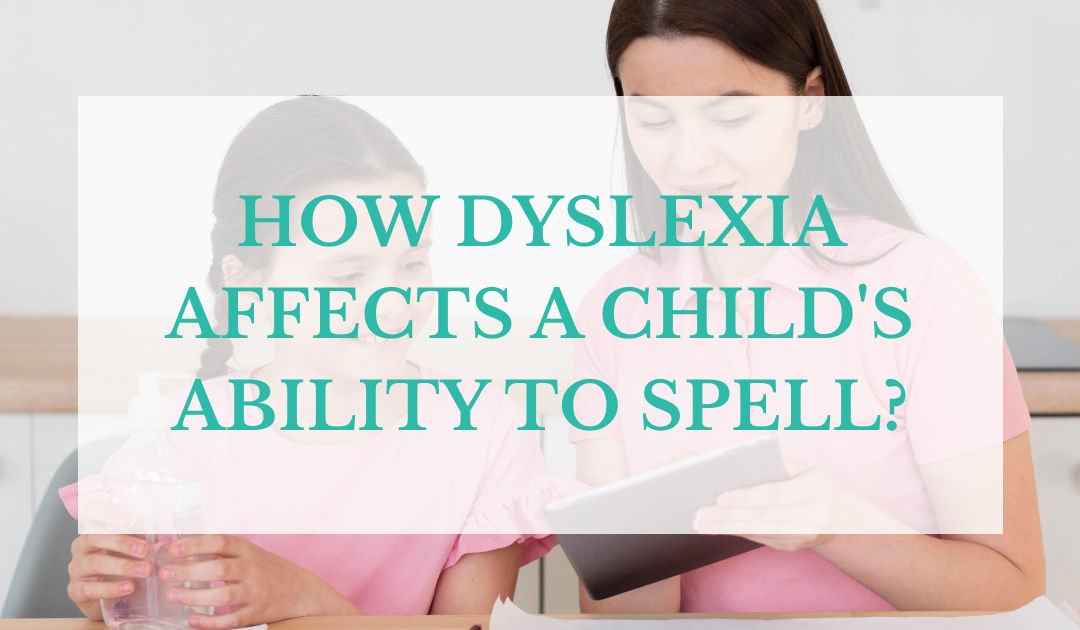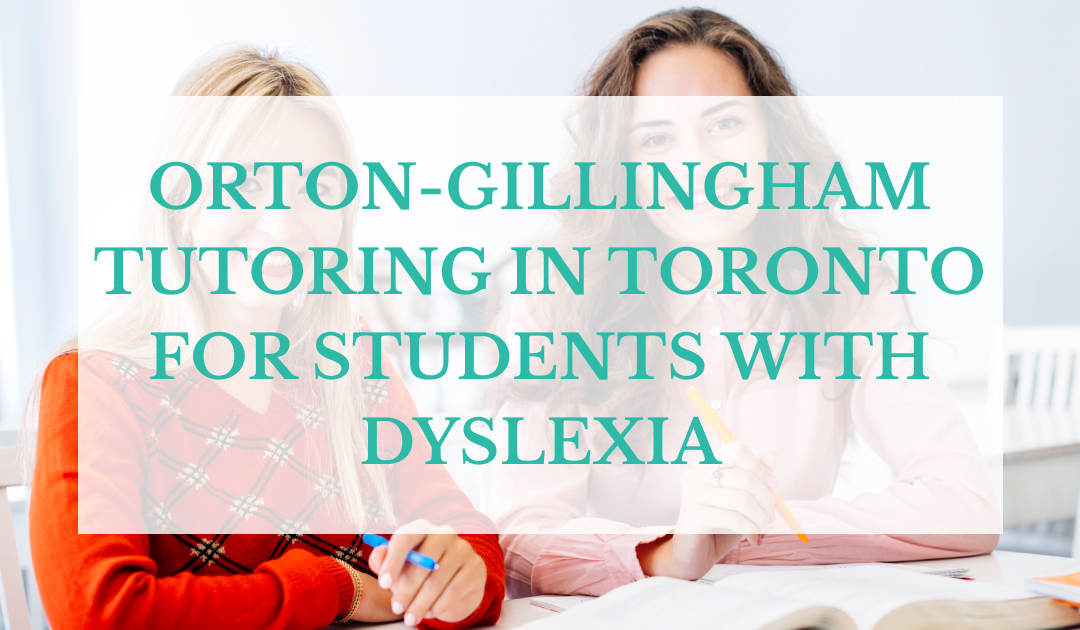Spelling is a challenge for students with dyslexia. Dyslexia can have a negative impact on how a dyslexic student learns to spell. However, there are some ways to help them overcome their challenges. Toronto tutors can help dyslexic students to read, write, and spell in the right way. In today’s blog, we’ll discuss why dyslexia affects the child’s ability to spell. Let’s get started:
Why Does Dyslexia Affect Spelling?
Dyslexia is a neurological disorder that can have a negative impact on a child’s ability to read, write, and spell. It can result in difficulty with phonemic awareness, which can hear, address, and manipulate sounds in words. Difficulty with spelling can be caused by various factors, such as problems with phonemic awareness, word decoding, and poor vocabulary skills. They might also find difficulty breaking words into syllables, which can cause problems with plurals and endings. For this reason, you can receive help from Orton Gillingham Tutors who use the Orton Gillingham approach to improve the reading, writing, and spelling skills of your child. Dyslexia causes difficulty identifying and understanding the individual sounds of spoken words and linking these sounds to form words. It can make it difficult for students with dyslexia to spell correctly.
Most Common Spelling Challenges for Dyslexic Students
The following are the most common spelling challenges faced by students with dyslexia:
Phonological Difficulties
Tutors teach students how to write using phonics where students learn over 40 groups of letters, known as graphemes, instead of learning 26 letters of the alphabet. By linking these graphemes together, students build words. Students can find it difficult to build words. That’s why Toronto tutoring services should be chosen to help your child overcome spelling challenges.
Poor Visual Memory
Children with dyslexia face challenges in building mental images of words. They struggle to recall the correct spelling of a word and cannot compare it with the blueprint in their memory since they lack the correct one.
Irregular Words
Dyslexic students often struggle with various irregular words. Common words like ‘said’, and ‘because’ are not spelled the way they sound, but because dyslexic students can’t recall how these words look, they write these types of words the way they sound.
Instructions to Teach Spelling to Kids with Dyslexia
The Orton Gillingham approach is used for students with dyslexia to help them overcome their spelling struggles. By using multisensory techniques to teach phonics in sequence, students can learn cognitively and become confident in their reading, spelling, and writing. Spelling instructions can:
Be explicitly and directly taught. Nothing will depend on guesswork. All concepts will be clearly taught.
Be sequential starting with the most basic spelling skills and building on that in a logical order.
Be multisensory. It can be difficult for dyslexic individuals to remember spelling rules due to their short-term memory weaknesses. However, by accessing information through multiple senses (also known as multi-sensory learning), tutors activate more areas of the brain which increases the likelihood of retaining the information taught.
It’s important to continuously review the material, as dyslexic students require overlearning of reading and spelling rules. This can be achieved through consistent and repetitive practice.
If you observe that your child is facing difficulty with spelling, reading or writing, then try reaching out to experienced tutors at Class In Session, where you notice remarkable changes in your child’s reading, writing, and spelling skills.




